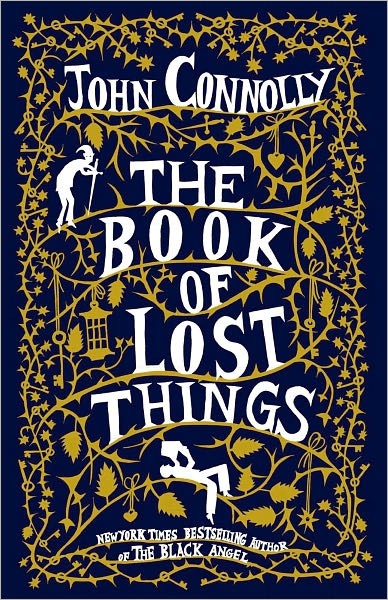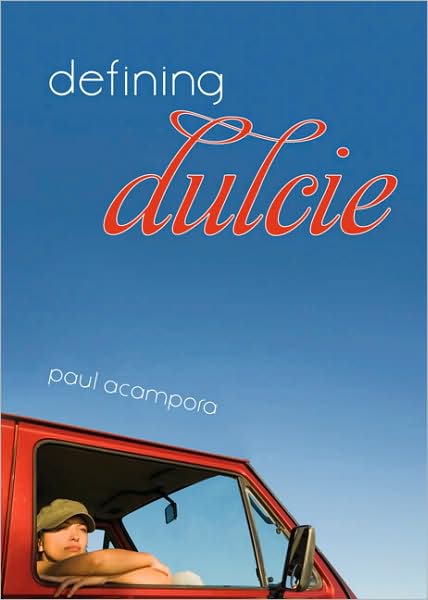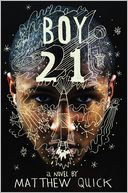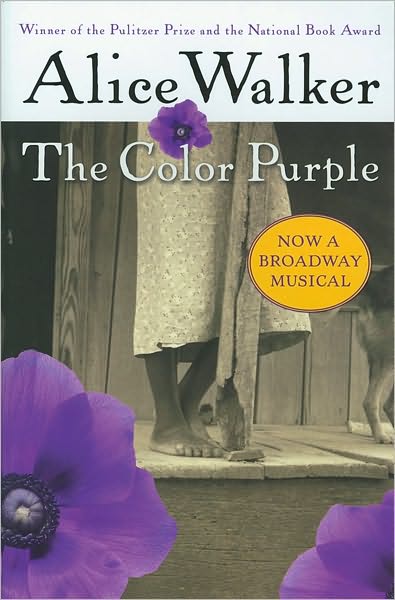Finley, an unnaturally quiet boy who is the only white player on his high school's varsity basketball team, lives in a dismal Pennsylvania town that is ruled by the Irish mob, and when his coach asks him to mentor a troubled African American student who has transferred there from an elite private school in California, he finds that they have a lot in common in spite of their apparent differences.
Friday, June 1, 2012
Wednesday, March 30, 2011
All Quiet on the Western Front by Erich Maria Remarque
The Art of Racing in the Rain by Garth Stein

c2008 Fiction; Grades 8+; 321 p.
Booklist: Enzo the dog feels sure that his next life will be spent in a man’s body. In preparation, he closely studies human behavior, and it’s from Enzo’s observant point of view that Stein writes his moving third novel. Enzo is deeply jealous when his owner, Denny, falls in love with Eve, but after baby Zoe is born, Enzo assumes his role as the family’s unconditional protector, particularly after Eve is diagnosed with brain cancer. After Eve’s death, her parents drag Denny into a bitter custody battle for Zoe, and Enzo, despite his canine limitations, passionately defends Denny and even alters the course of events. Denny is a race-car driver, and Enzo, who has watched countless televised races, folds thrilling track scenes and driving lessons into the terse family drama. The metaphors may feel purposeful, but readers will nonetheless delight in Enzo’s wild, original voice; his aching insights into the limitations and joys of the canine and human worlds; and his infinite capacity for love. A natural choice for book clubs, this should inspire steady demand.
The Book of Lost Things by John Connolly
 c2006 Fiction; Grades 9+; 339 p. 2007 Alex Award Winner Library Journal: After the death of his mother, 12-year-old David mourns her loss alone in his attic bedroom, with only his books to keep him company. As his anger at her death grows with each day, the books begin to speak to him, telling their wild tales of dragons, princes, and knights. Soon reality and fantasy collide, and David finds himself in a land unlike his own, a world where monsters, evil sorceresses, and half-human wolves dwell. With the help of friends he meets in this strange land, David goes on a search for the King, who is said to have The Book of Lost Things; this book will help David find his way home. Along the way, David encounters many challenges that transform the boy into a man. In an intriguing change of pace from his crime novels (Bad Men; Every Dead Thing), Connolly's book takes readers back into the imaginations they once held as children, reminding them of the time when they created fantasy worlds before adulthood changed them forever.
c2006 Fiction; Grades 9+; 339 p. 2007 Alex Award Winner Library Journal: After the death of his mother, 12-year-old David mourns her loss alone in his attic bedroom, with only his books to keep him company. As his anger at her death grows with each day, the books begin to speak to him, telling their wild tales of dragons, princes, and knights. Soon reality and fantasy collide, and David finds himself in a land unlike his own, a world where monsters, evil sorceresses, and half-human wolves dwell. With the help of friends he meets in this strange land, David goes on a search for the King, who is said to have The Book of Lost Things; this book will help David find his way home. Along the way, David encounters many challenges that transform the boy into a man. In an intriguing change of pace from his crime novels (Bad Men; Every Dead Thing), Connolly's book takes readers back into the imaginations they once held as children, reminding them of the time when they created fantasy worlds before adulthood changed them forever.
Born on a Blue Day: Inside the Extraordinary Mind of an Autistic Savant by Daniel Tammet

c2006 Non-fiction; Grades 9+, 266p.
ALA 2008 Best Books for Young Adults Booklist: Although Tammet is only 27, his autobiography is as fascinating as Benjamin Franklin's and John Stuart Mill's, both of which are, like his, about the growth of a mind. Not that Tammet is a scientist-statesman or philosopher. He is an autistic savant who can perform hefty arithmetical calculations at lightning speed and acquire speaking competency in a previously unknown language in mere days (the latter capability he used to create the Web-based language-learning systems with which he supports himself). More socially competent and independent than the autistic savant famously played by Dustin Hoffman in Rain Man, Tammet shares his peers' strong preferences for routine, peace and quiet, private space, and literalness, as well as aversion to chance occurrences, aural and informational noise, and figurative language (despite his arithmetical gift, he can't do algebra; he reads a lot but never fiction). He learned fellowship very gradually and says he couldn't really acknowledge his eight siblings until he grew up. He also writes some of the clearest prose this side of Hemingway; he tells his story with such concentration, precision, and simplicity that his familial poverty, schooling as a mainstreamed student, self-realization as gay, and embracing of Christianity prove as enthralling as they are, ultimately, normal
The Color Purple by Alice Walker
Defining Dulcie by Paul Acampora
 c2006 Fiction; Grades 7+; 168 p.
c2006 Fiction; Grades 7+; 168 p. School Library Journal Starred Review: Strong and quirky characters who see life as an inextricable mix of sadness and humor, sorrow and hope, are the hallmark of this memorable first novel. When 16-year-old Dulcie's beloved dad dies, she and her mom leave her granddad in Connecticut and drive to California to start over. This doesn't work for the still-grieving Dulcie so she takes their truck and drives home to pick up the pieces of her old life and remember her father in all the old places. Her road trip and memories of it, along with events that occur once she arrives home, provide the figurative journey that begins her healing. Rather than being a sad or solemn read, however, the treatment is unexpectedly offbeat and, at times, wonderfully funny. By including details of Dulcie's interesting stops along the way, including her experiences with a field of fainting goats, Acampora demonstrates a Joan Bauer-like knack for making ordinary life worth a second look. Teens will appreciate both the warm security that surrounds Dulcie and the hard truth that life can be painful.
Subscribe to:
Posts (Atom)


